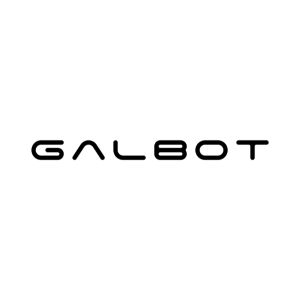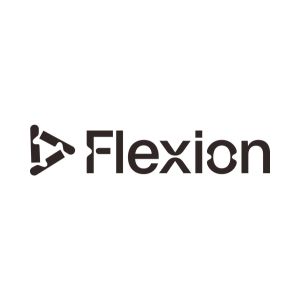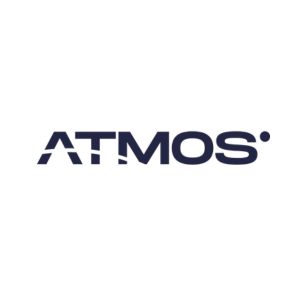Startups & Business News

TL;DR: Goldman Sachs has launched its in-house generative AI assistant across its entire workforce of 46,500 employees. The GS AI Assistant is designed to boost productivity by automating tasks like document summarization, data analysis, drafting content, and translation. This firmwide rollout positions Goldman Sachs at the forefront of AI adoption in finance, reflecting a broader industry trend toward digital transformation and operational efficiency.
On June 23, 2025, Goldman Sachs announced the firmwide deployment of its generative AI assistant, marking a significant milestone in the bank’s ongoing digital transformation. The launch extends access from an initial pilot group of 10,000 employees to the entire workforce, aiming to enhance productivity, streamline operations, and free up staff for higher-value work. As financial institutions race to integrate AI, Goldman Sachs’ move underscores the growing importance of artificial intelligence in the global banking sector.
GS AI Assistant: Capabilities and Features
The GS AI Assistant is built on Goldman’s proprietary internal AI platform and leverages advanced large language models. Its primary functions include:
- Summarizing complex documents, making it easier for employees to digest large volumes of information quickly.
- Drafting preliminary content, such as emails, reports, and presentations, reducing time spent on routine writing tasks.
- Conducting data analysis, helping staff identify trends and insights from large datasets.
- Translating research and documents into client-preferred languages, supporting the bank’s global operations.
Tailored features for specific roles, including investment bankers, developers, research analysts, and asset and wealth management professionals, ensuring the tool meets diverse needs across the firm. The assistant securely accesses multiple approved large language models, allowing employees to choose the most suitable tool for their tasks.
It is part of a broader suite of AI-driven internal tools, such as Banker Copilot and Translate AI, which collectively aim to streamline workflows in areas like investment banking, research, and compliance.
Industry Context and Implications
Goldman Sachs’ firmwide rollout of its AI assistant reflects a broader trend among major financial institutions to leverage AI for operational efficiency. Other banks, such as Citigroup, Morgan Stanley, and Bank of America, have also introduced AI-powered tools to assist staff with document management, client interactions, and transaction processing.
The adoption of generative AI is seen as a necessity in today’s competitive financial landscape, with institutions seeking to differentiate themselves through technological innovation. While Goldman Sachs emphasizes the assistant’s role in augmenting employee productivity rather than replacing jobs, industry analysts note that widespread AI adoption could eventually lead to shifts in workforce dynamics, particularly in entry-level and routine roles.
Goldman Sachs’ comprehensive deployment of its GS AI Assistant signals a new era of AI-driven productivity in the financial sector. By automating repetitive and time-consuming tasks, the assistant allows employees to focus on higher-value activities, supporting the bank’s commitment to innovation and client service. As digital transformation accelerates across the industry, Goldman Sachs’ approach may serve as a blueprint for other organizations seeking to harness the power of artificial intelligence for operational excellence.

futureTEKnow
Editorial Team
futureTEKnow is a leading source for Technology, Startups, and Business News, spotlighting the most innovative companies and breakthrough trends in emerging tech sectors like Artificial Intelligence (AI), Robotics, and the Space Industry.
Discover the companies and startups shaping tomorrow — explore the future of technology today.
Trending Companies
Latest Articles

Cloud Data Migrations in the AI Era – Prepare Smart. Balance Risks. Thrive.
Cloud data migration is more than an IT move—it’s a business transformation. This article guides you through AI-driven strategies to

AI Didn’t Fail; Your Data Warehouse Did
After decades in IT project management and business analysis, one truth has stayed constant: when AI projects fail, it’s rarely

Surgerii Robotics Secures $100M Series D Funding Round
Beijing’s Surgerii Robotics lands $100M Series D for SHURUI single-port robot growth. Funding fuels global push in minimally invasive surgery—details
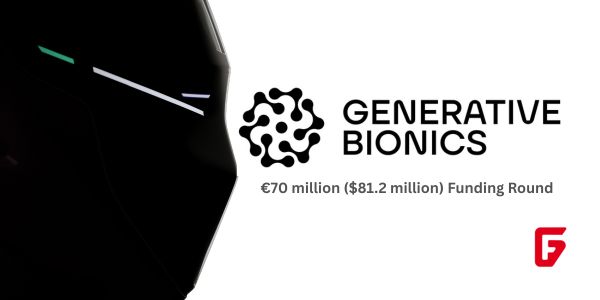
Generative Bionics: The Italian Humanoid Robotics Spin-Out Bringing Physical AI to the Factory Floor
Generative Bionics, an Italian spin-out from IIT, is building Physical AI–powered humanoid robots to tackle labor gaps and modernize industrial

OpenAI vs. Google AI, SpaceX & Blue Origin Race for Space Data Centers, Meta’s AI Pivot, and Robotics Breakthroughs
Stay ahead of AI and space tech wars: OpenAI vs Google AI, SpaceX and Blue Origin’s race for orbital data

10 AI-Driven Supply Chain Optimization Companies to Watch in 2026
This article explores 10 AI-driven supply chain optimization companies to watch in 2026, highlighting how their platforms improve forecasting, logistics,

AWS Frontier Agents: Autonomous AI Coders That Build, Secure, and Run Apps for Days Without Human Oversight
AWS frontier agents introduce a new era of autonomous AI coders that can build, secure, and run applications for days

How AI Is Transforming Lean Six Sigma: The New Era of Operational Excellence 2.0
Explore the cutting-edge ways AI is enhancing Lean Six Sigma, from real-time process insights to predictive controls, ushering in a

Top Supply Chain Challenges in 2025 — and How High-Performing Teams Use AI to Solve Them
Facing supply chain challenges in 2025? High-performing teams leverage AI for risk management, demand forecasting, supplier analytics, and end-to-end visibility

How to Build a High-Impact Supply Chain Center of Excellence (CoE):A Blueprint for Operational and Inventory Excellence in the Age of AI
Craft an AI-powered supply chain Center of Excellence that unifies control tower visibility, analytics, and inventory optimization into one strategic

The Future of Supply Chain Leadership: Why the Next Generation Will Engineer Intelligence, Not Just Manage It
Supply chain leadership is being redefined by AI, intelligent automation, and agentic decision-making, demanding leaders who can engineer end-to-end intelligence
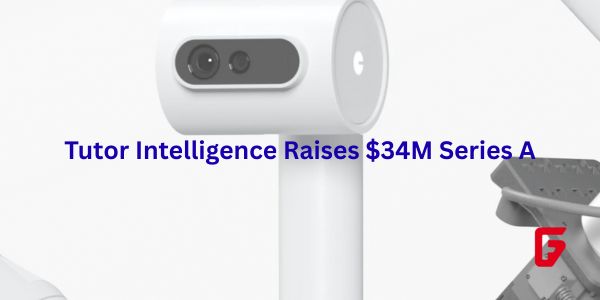
Tutor Intelligence Raises $34M Series A: AI Robots Revolutionizing Warehouse Automation
Tutor Intelligence just landed $34 million in Series A funding. Led by Union Square Ventures, this cash boosts their AI-powered
futureTEKnow is focused on identifying and promoting creators, disruptors and innovators, and serving as a vital resource for those interested in the latest advancements in technology.
© 2026 All Rights Reserved.



